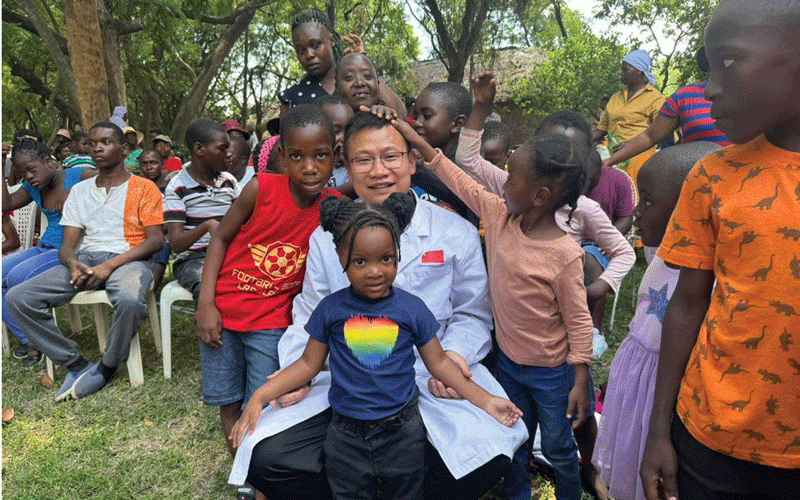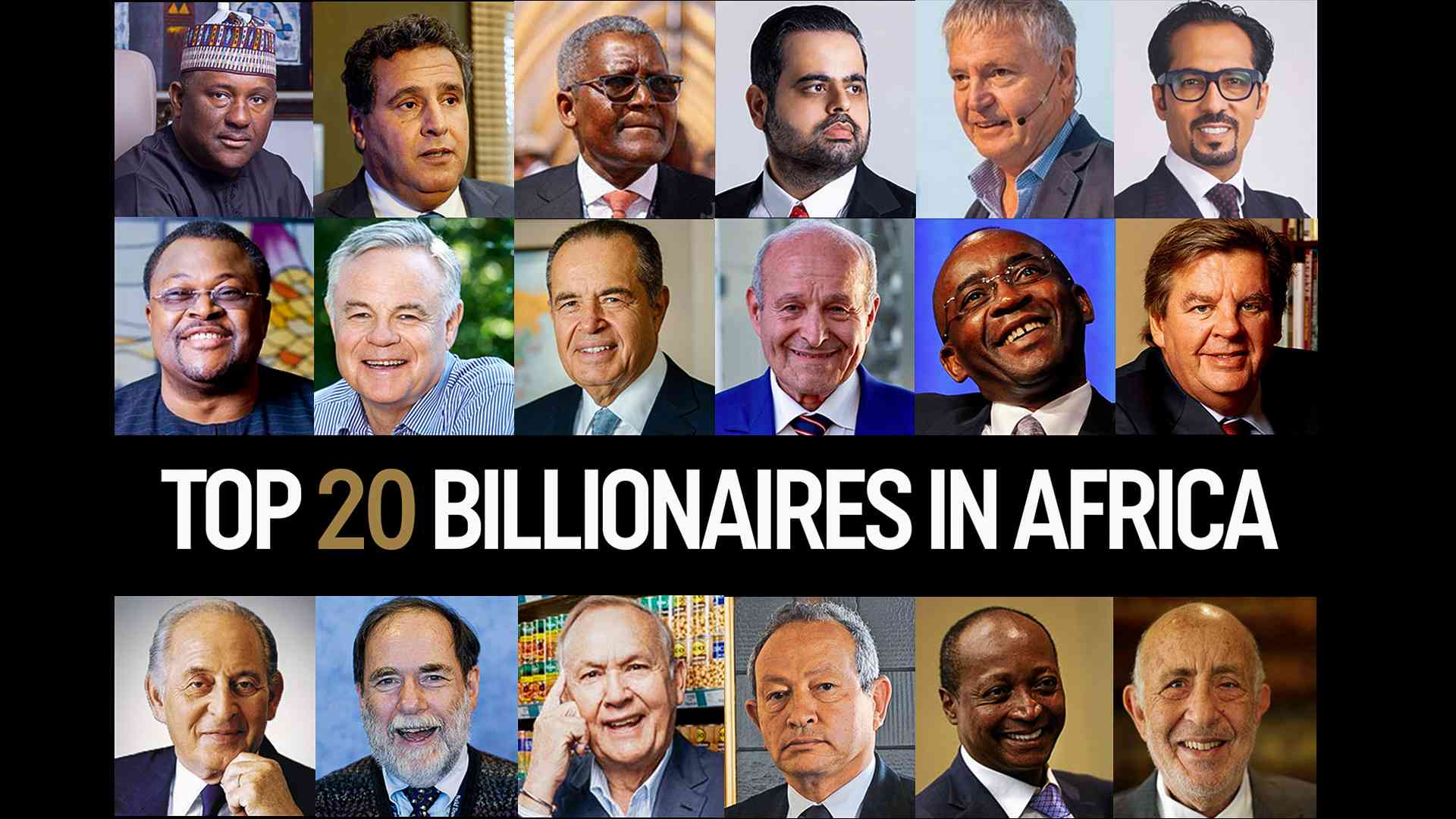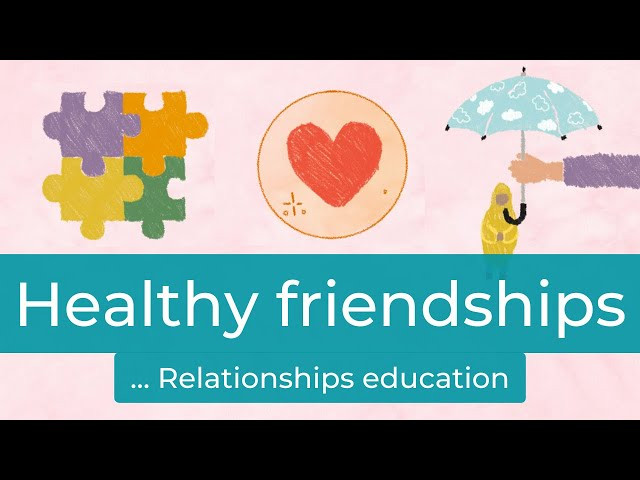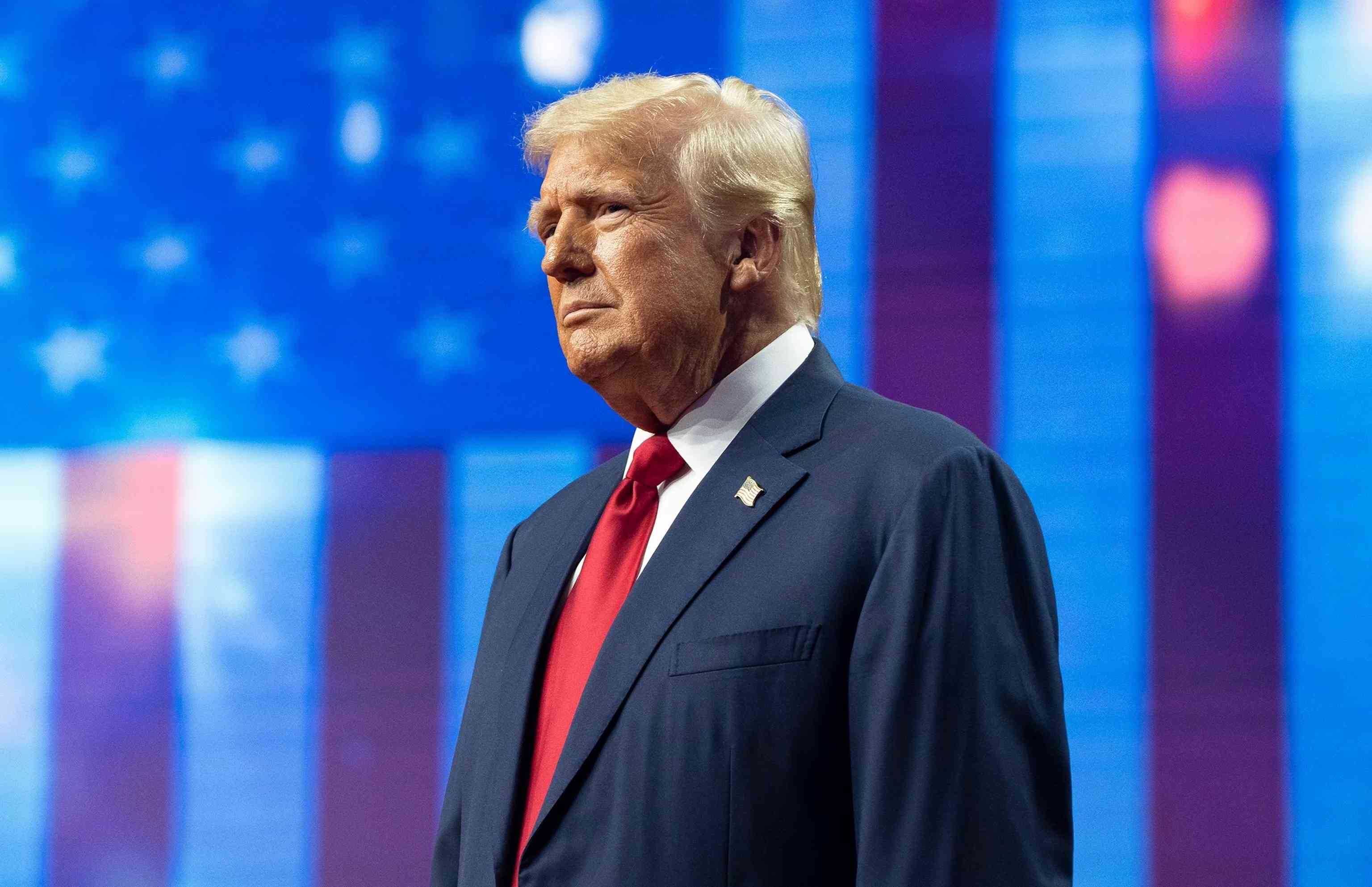
THE heavy-handedness displayed by riot police on Tuesday to stop an attempt by opposition MDC-T supporters to hold a peaceful demonstration in Harare to push for the implementation of electoral reforms ahead of the 2018 polls and the resignation of President Robert Mugabe is shameful and uncalled for in a democratic society.
NewsDay Comment
It is unfortunate as the MDC-T had legally applied to the relevant authorities for permission to protest against the Zanu PF government’s failure to reverse the worsening economic crisis and the immediate realignment of laws to the new Constitution. Officer commanding police Harare central district, Chief Superintendent Norbert Saunyama refused to sanction the march without explaining the reasons.

But the heavy police presence in Harare’s central business district, particularly along Nelson Mandela Avenue, between the MDC-T’s Harvest House headquarters and Parliament, showed that the authorities are prepared to trample upon the majority’s rights to demonstrate in the country.
The unfortunate thing is that the police are acting as though they are an extension of Zanu PF, otherwise what powers does the force have to stop people from expressing themselves against mis-governance of the country?
It is without doubt that the repressive Zanu PF machinery is geared to either ban demonstrations outright or harass, beat and arrest marchers, who dare speak against its anti-labour policies and human rights abuses.
The police are using legislation and force to thwart peaceful protests across the crisis-stricken country. One wonders why the authorities are using full force to suffocate legitimate peaceful protests.
- Chamisa under fire over US$120K donation
- Mavhunga puts DeMbare into Chibuku quarterfinals
- Pension funds bet on Cabora Bassa oilfields
- Councils defy govt fire tender directive
Keep Reading
Hence, the decision to stop the peaceful march, which would have seen the MDC-T demonstrators handing over a petition with their demands to Speaker of Parliament Jacob Mudenda or Senate President Edna Madzongwe reflects a larger crackdown on opposition parties, human rights groups and unions, as the country edges closer to the 2018 harmonised elections – which is possible as African leaders and the international community have decided largely to look the other way.
There is no doubt that the right to freedom of association is under increasing attack, as the government seeks to limit the power of the disillusioned majority suffering the effects of the comatose economy. Is it not true the police actions are a clear violation of freedom of expression as espoused in the country’s governance charter?
By curtailing freedom of association and demonstration, Zanu PF, through the police, is simply reacting disproportionately and unjustly to public anger over the economic meltdown. Without doubt, Zanu PF fears the public protests may move to a new level, democratically attaining political power in the forthcoming elections in 2018, as opposition parties will galvanise their support with successful candidates campaigning against government’s shortfalls over the economy.
It is a known fact the MDC-T activists entered into mainstream politics on waves of anti-government and anti-Mugabe protests. This shows the country is slowly sliding towards a dictatorship through flagrant disregard for democracy.
It is not only during demonstrations themselves that police exceed their remit. The last time the MDC-T youths demonstrated, the police used brute force to disperse the crowd, including harassment and humiliation of female protesters, as tactics to dissuade people from protesting in the future.
The most alarming aspect is the systematic hounding of organisers of “unsanctioned” demonstrations, whose leaders can be jailed.
Zanu PF wants to destroy the leadership of the opposition movements. No, the people must immediately stop Zanu PF’s wayward behaviour.
The fact that the police can no longer allow peaceful marches means the authorities have restricted the enjoyment of human rights in the country, in particular the rights to freedom of peaceful assembly and association and freedom of expression, in a way which is inconsistent with international human rights standards.











